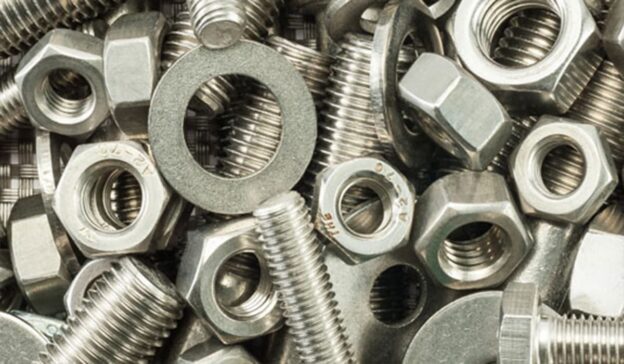In the medical field, precision and reliability are paramount, especially when it comes to surgical implants, prosthetics, and medical devices. These devices are often designed to remain inside the human body for extended periods, making it crucial that they are made from materials that are not only durable but also biocompatible. This is where titanium fasteners come into play, providing an ideal solution for securing medical components in the body.
Titanium is well-known for its exceptional combination of strength, lightness, and resistance to corrosion, making it a perfect choice for medical applications. When used in surgical implants and prosthetics, titanium fasteners help secure critical components, such as joint replacements, bone plates, and screws. One of the key benefits of titanium is its outstanding biocompatibility, meaning it is highly unlikely to cause an adverse reaction when in contact with body tissues. This makes it a safe choice for implants and devices that will be in direct contact with the human body.
In addition to being biocompatible, titanium fasteners are also resistant to corrosion, which is essential in preventing the degradation of medical devices over time. The human body contains various fluids and elements that can cause materials to corrode, but titanium’s natural oxide layer provides a protective barrier, ensuring the fasteners retain their integrity in the harsh internal environment.
Titanium’s strength and resistance to wear also make it ideal for high-stress applications, such as joint replacements, where the fasteners need to withstand the constant forces and movements of the body. This makes titanium an excellent choice for ensuring the long-term durability and functionality of implants and prosthetics.
In conclusion, titanium fasteners are a crucial component in the medical industry, providing strength, durability, and safety for surgical implants, prosthetics, and medical devices. Their biocompatibility and resistance to corrosion make them ideal for use in the human body, ensuring that medical devices continue to perform reliably and safely over time.








